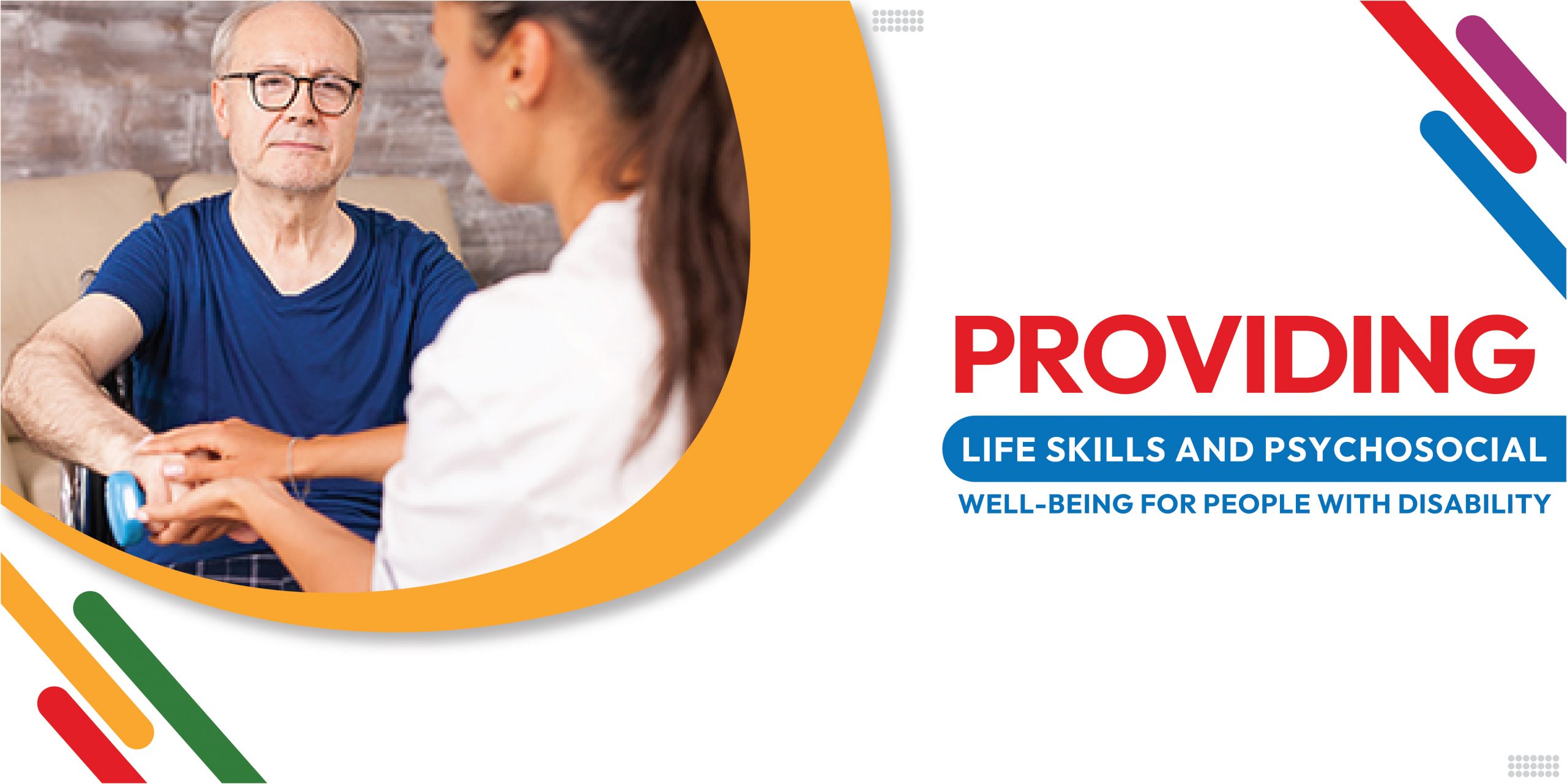Life skills and the overall psychological well-being are crucial on personal success. However, learning as well as developing them can be particularly challenging for individuals having disabilities. Still, basic life skills and the overall psychological well-being of an adult with some physical disabilities are pivotal to live independently or even fully participate in any form of assisted living community. A reputed NDIS registered provider in Middle Park can help.
Important Life Skills for People with Disabilities
Irrespective of the ability level, life skills tend to be the intellectual, behavioral, and interpersonal traits essential to live a satisfying, productive life. Also referred to as psychological well-being, these traits are categorized into core types are:
- Thinking skills: Development of multiple solutions for issues while being open to learning and reaching out to topics creatively.
- Social skills: Developing healthy relationships, communicating effectively, and effectively interacting with others.
- Emotional skills: Knowing your individuality, handling emotions properly, and having empathy and self-awareness.
Eventually, cultivating core life skills for people with disabilities can help them in better connecting with others while living a fulfilling and more productive life. As you seek services from professional disability support in Richlands, it is important to understand that particular basic life skills for people with disabilities might be relevant depending on their age, life stage, and location.
A Checklist of Interpersonal Life Skills for People with Disabilities
If you wish to improve your knowledge on core life skills for adults with disabilities, here are some interpersonal traits to consider for the overall psychological well-being:
- Communication Skills: The ability to fulfill goals through communication -like informing, asserting, or persuading, is a vital interpersonal life skill. It includes both non-verbal and verbal communication -along with body language, voice tone, and active listening to those around you.
- Creative Thinking Skills: Creative thinking implies coming up with new solutions to specific issues by leveraging relevant information, redefining issues, and being open to different solutions. Originality, elaboration, and focus on fluency can improve creative thinking skills.
- Critical Thinking Skills: This personality trait requires reflective thought processes that are focused on deciding what actions one should take and what to believe. It involves the process of organizing facts, impartially analyzing arguments, and interrogating ideas -allowing an individual to make the best-ever decision based on the action and the current situation.
- Problem-solving and Decision-making skills: Decision-making can be referred to as the process of identifying available options and selecting the best one depending on your personal goals, beliefs, and values. Quite linked to decision-making, problem-solving makes use of self-determination to apply relevant knowledge to succeed in a challenging or new situation.
- Emotional Intelligence: It is a crucial life skill that involves the ability to analyze as well as sympathize with the feelings of other people. Empathy serves to be the key of emotional intelligence. It allows you to put yourself in someone else’s shoes and understand situations from their perspectives.
With relevant help from a reputed NDIS provider Springfield personal care service, you can support and empower people with disabilities.



